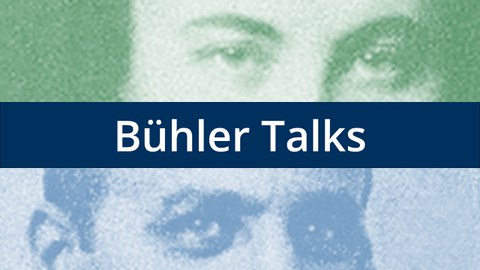Jul 03, 2024; Colloquium
Bühler TalksS. Musslick: Toward a unified understanding of constraints on the capacity for cognitive control
01069 Dresden
Abstract
Despite over a century of research into human cognitive control, progress towards a unified theoretical framework has been limited. This stagnation is partly due to two pervasive issues in psychology: the imprecision of psychological theories and the lack of commensurability across experiments conducted under varying conditions. In this talk, I will introduce novel theory-driven and data-driven approaches aimed at achieving a unified understanding of cognitive control.
First, I will present a normative theoretical framework that grounds limitations in
cognitive control within computational principles of information processing. This “rational
boundedness” framework explains constraints on cognitive control, such as multitasking and task-switching limitations, through fundamental computational trade-offs in neural systems. Examples of these trade-offs include balancing learning efficiency against parallel processing capability and cognitive stability against flexibility. I will demonstrate how these trade-offs can explain various behavioral and neural phenomena, providing an integrative theoretical account of limitations in cognitive control, working memory, and visual attention.
Second, to address the issue of experimental fragmentation, I will introduce an experimental framework that redefines existing cognitive control paradigms by representing them as coordinates within a unified, high-dimensional design space. This approach allows for the expression of qualitatively distinct paradigms—such as task switching and dual-tasking—in terms of the same experimental parameters. Consequently, it enables the parameterization of cognitive control models that span multiple paradigms, facilitating theoretical integration.
I will discuss the application of automated scientific discovery within this framework and present initial results obtained by an AI scientist capable of discovering novel paradigms and models for cognitive control. I will conclude by outlining future directions for the automated scientific discovery of a unified theory for cognitive control.

